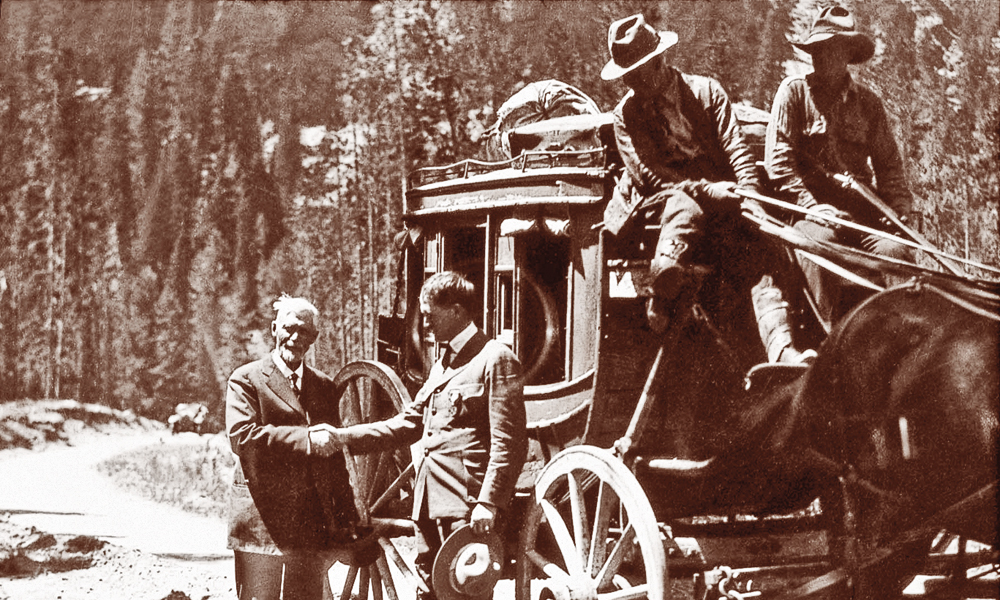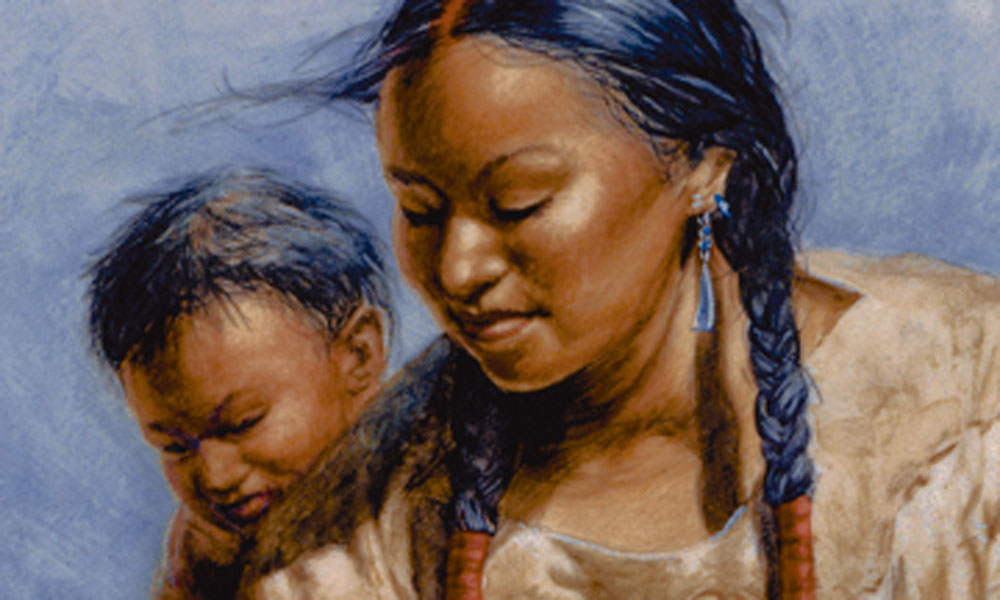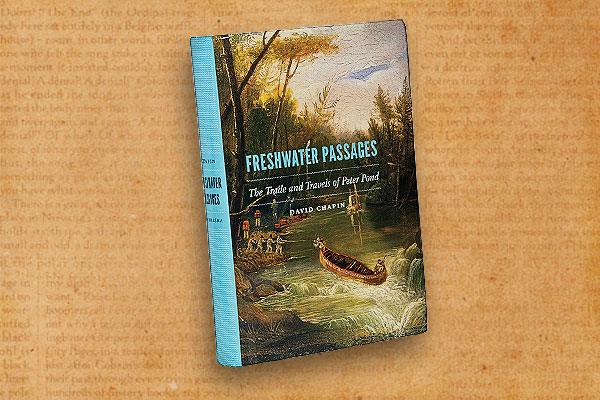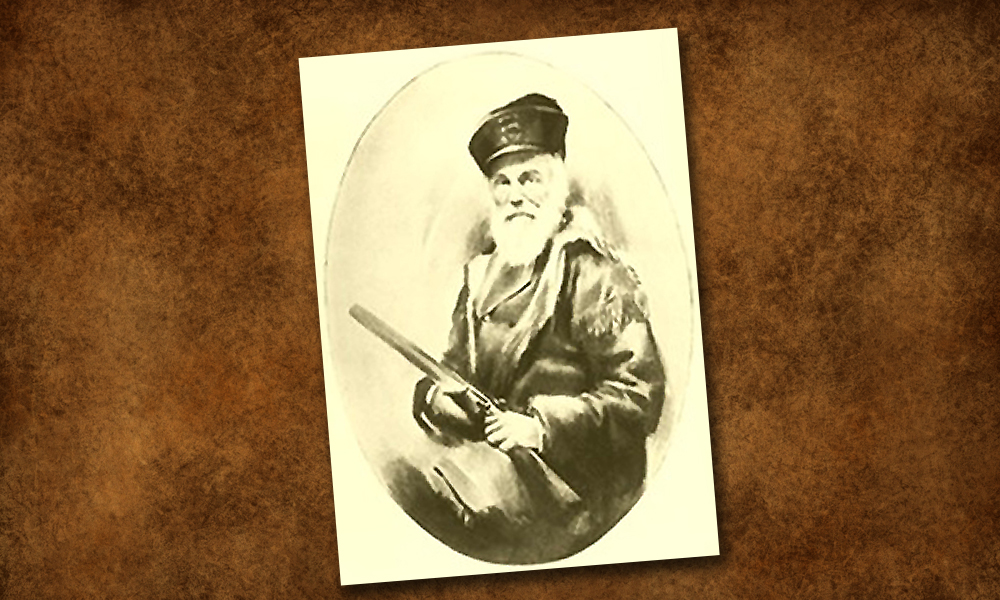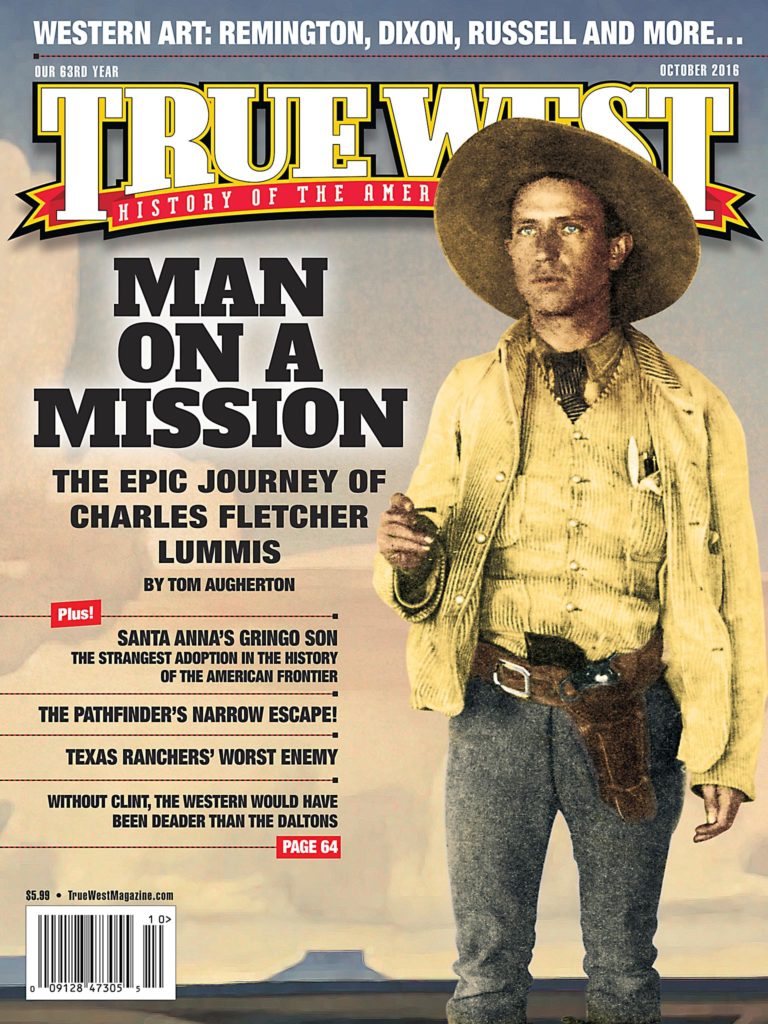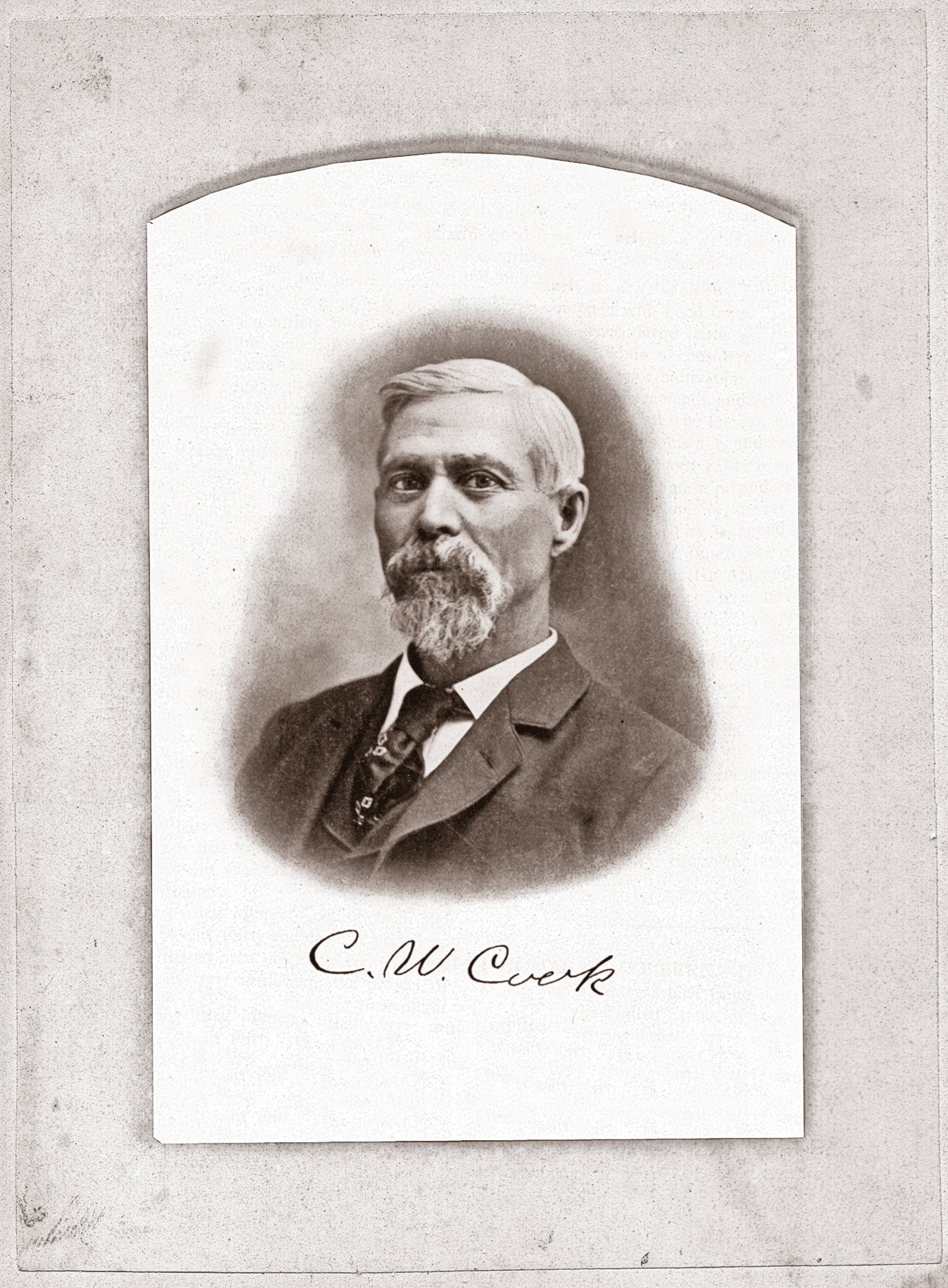
– Courtesy Montana State University Library –
Charles W. Cook participated in several important episodes of Montana’s frontier history, but sometimes his accomplishments seem destined to remain obscure.
Born in Unity, Maine, in 1839, Cook received his education in two private Quaker academies before he headed west in 1864. He freighted a load of goods from Omaha, Nebraska Territory, to Denver, Colorado Territory, and then signed on to the earliest recorded cattle drive to Montana Territory. Cook’s party trailed 125 head to Virginia City, losing only one to tribesmen who demanded it as toll along the way. Although the arrival of the first herd of cattle to the hungry miners of Alder Gulch should have gained Cook widespread recognition, Nelson Story’s fabled 1866 cattle drive from Texas to Montana Territory completely overshadowed its predecessor, earning Story placement in the National Cowboy Hall of Fame and serving as an inspirational model for Larry McMurtry’s novel Lonesome Dove.
Cook moved on to the gold diggings near Diamond City in 1865. Three years later, he reunited with his old school chum, David E. Folsom. By 1869, the two friends became determined to see the country that would eventually become Yellowstone National Park. Along with William Peterson, Cook and Folsom spent 36 days exploring the great lake and geysers of Yellowstone. After they returned to Diamond City in October, Folsom wrote an article that accurately described the country to American readers for the first time. Cook submitted it to a literary journal, The Western Monthly, in Chicago, Illinois. The resulting article credited Cook as the author. The great fire of 1870 destroyed the magazine’s back files, and the only copy retained by the fledgling Montana Historical Society also burned in a fire in 1874. As a result, subsequent expeditions became better known and credited with facilitating the 1872 legislation that established Yellowstone National Park.
Cook gave up mining to take up sheep ranching and brought one of Montana’s first large flocks from Oregon to the Smith River Valley in 1871. In 1904, he was visited by Victor K. Chesnut of Montana College of Agriculture and Mechanic Arts, who came to survey noxious weeds on the Cook ranch, but instead became fascinated with the man’s Yellowstone story. Cook loaned the professor his surviving notes of The Western Monthly article, but Chesnut never returned them, and they, too, were destroyed in a fire, which consumed the professor’s office in 1916.
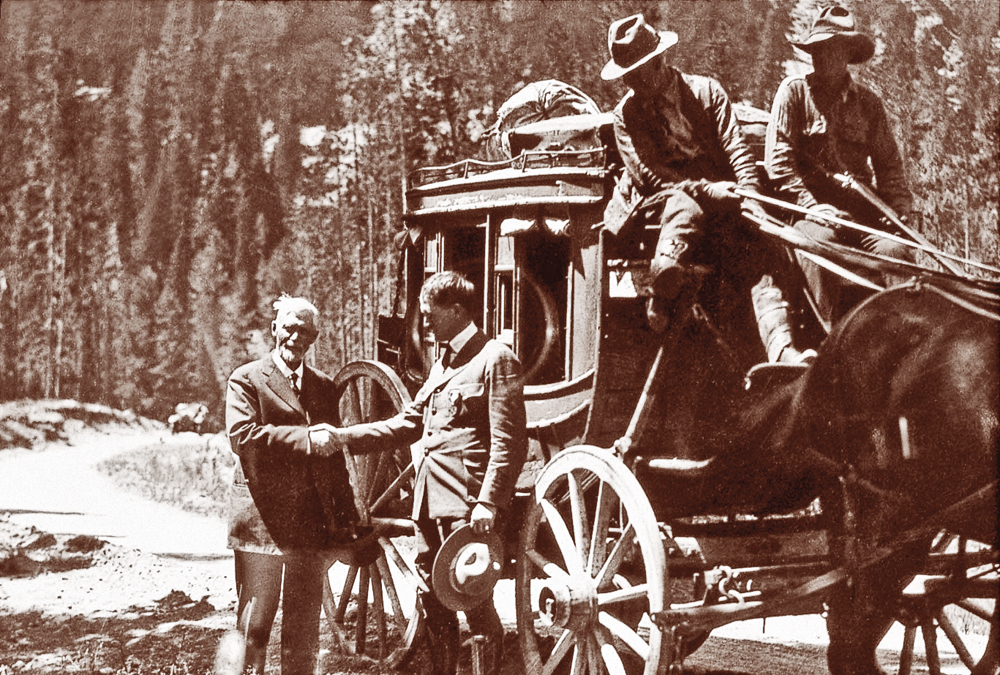
In 1922, 83-year-old Cook (who had outlived Folsom and Peterson) became a temporary celebrity when Yellowstone National Park finally honored him during its golden anniversary celebration. Remarking on his recognized part in the process that resulted in the park’s establishment, Cook said, “…I am proud to have had a little share in that preservation.”
The Yellowstone explorer lived for five more years, before dying on January 30.
Professor Kim Allen Scott is the university archivist at Montana State University Library in Bozeman. In 2013, David E. Folsom’s great-grandson, David A. Folsom, contacted the library about a third Yellowstone manuscript handed down in the family. The library purchased it, along with other documents, which are available to the public.

